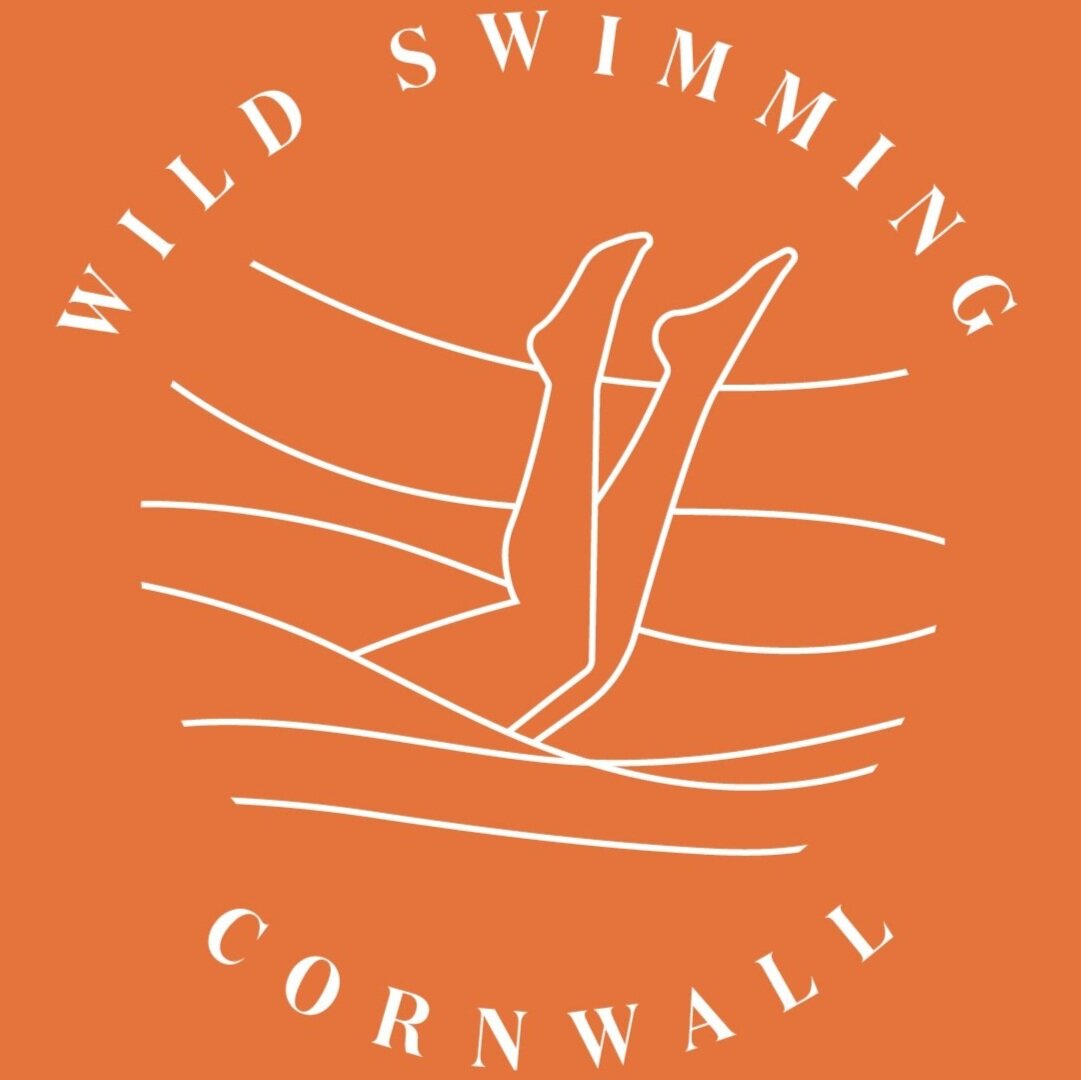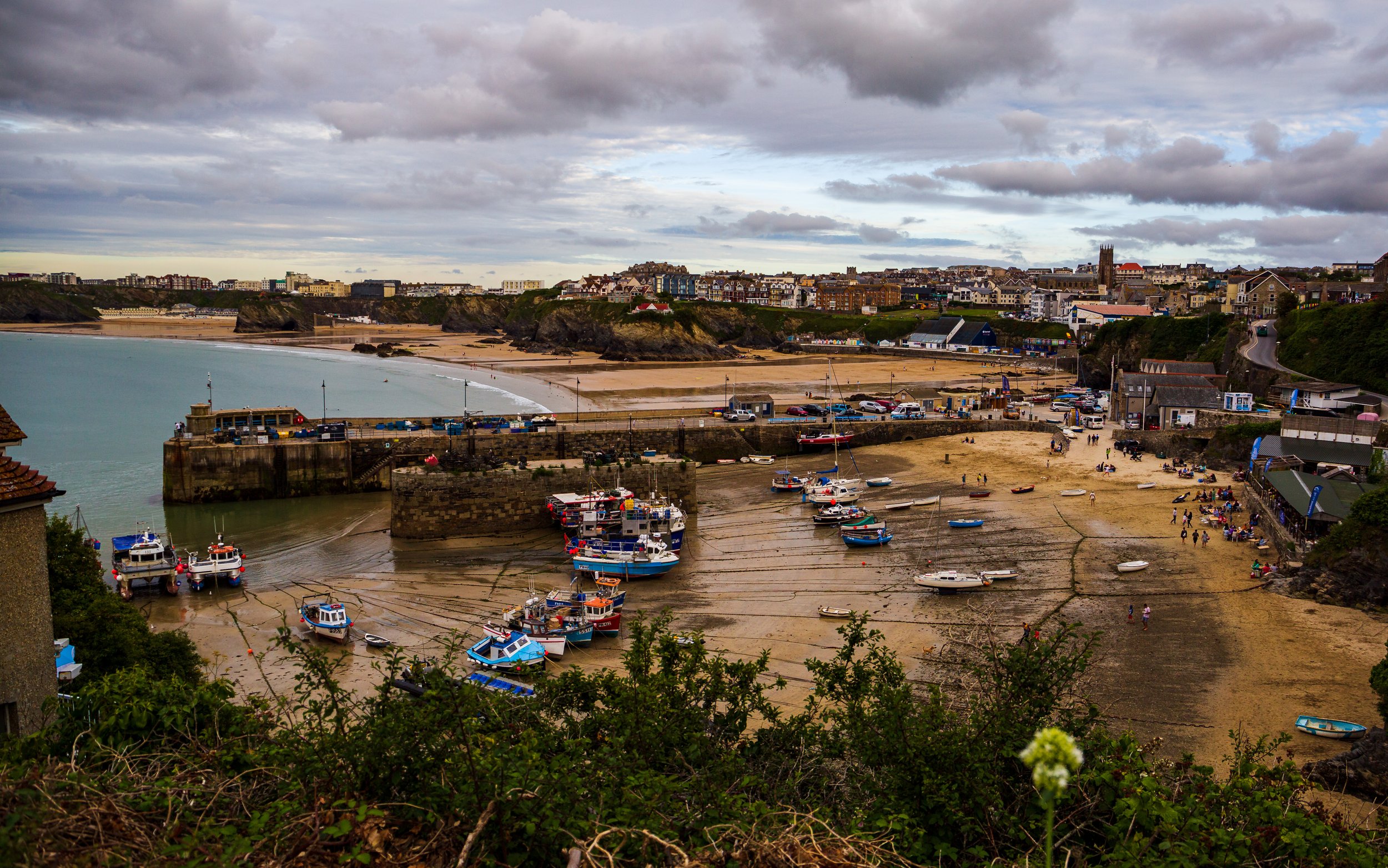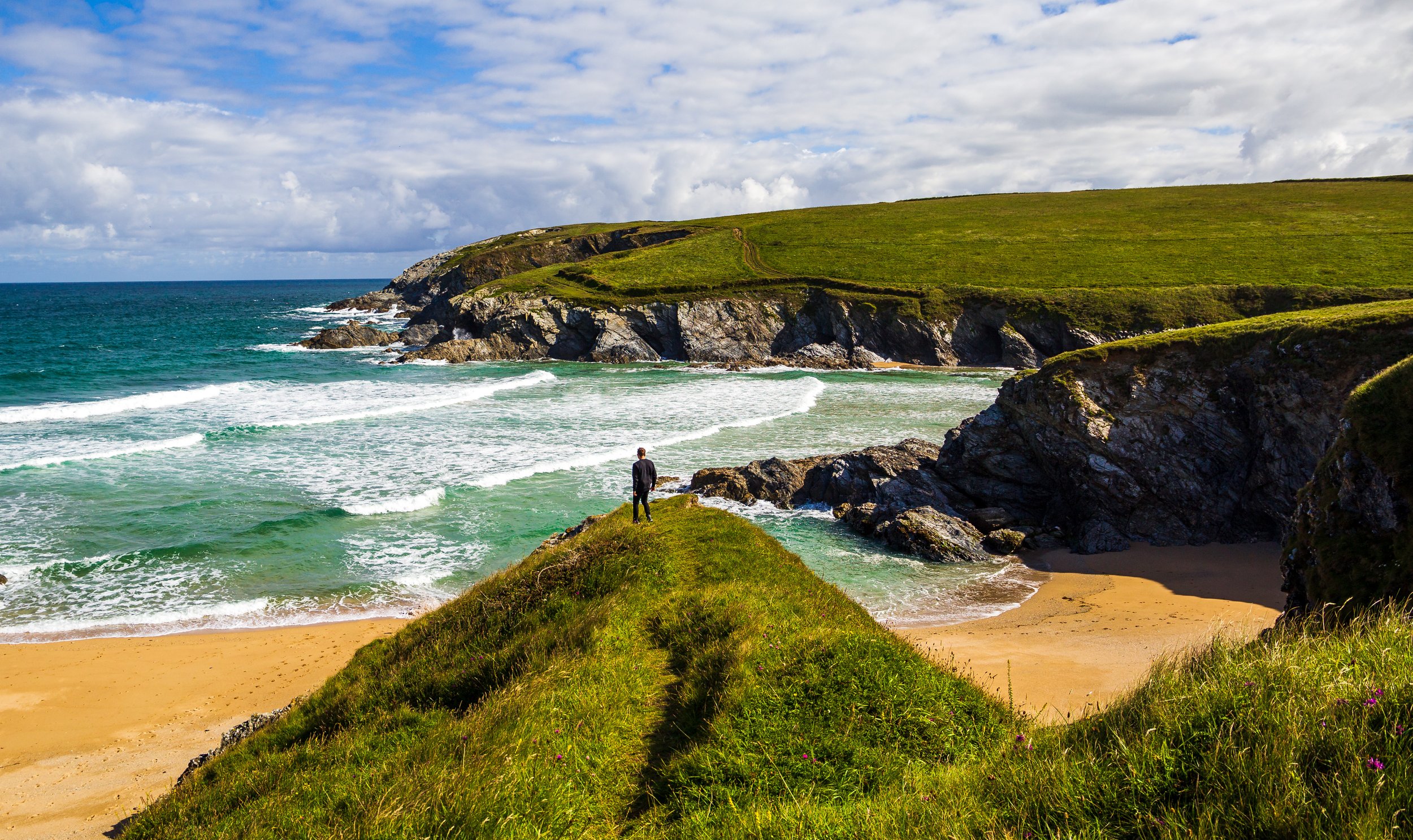How to Find Your Water
It’s important to recognise that accessing blue spaces is easier for some people than others. Whether it’s geographically difficult to reach natural blue spaces or you have physical or mental barriers to access the water, there are still ways for you to seek the benefits of spending time near the blue stuff. In this blog, Jordan Blanchard-Lafayette explains how he has overcome resistance to spending time in blue spaces despite damaging stereotypes from others. Plus, how his research and personal journey have enabled him to find his water. He explains how it’s possible for others to do the same and offers helpful guidance on how to find your water, so that you can seek out the benefits of blue mind.
Words by Jordan Blanchard-Lafayette
As many of you may know, spending time in or by bodies of water can have a tremendously profound impact on your wellbeing. However, this is not the case for everyone, myself included (until recently). There are whole communities that do not have access to the wet and wonderful spaces we might enjoy, and there are some who do have access, but are either not interested or simply do not know what they could be missing out on.
Of course, spending lots of time in water or by what we like to call blue space is not for everyone. This blog in no way attempts to undermine the very real fears that some of us in society have due to past trauma or negative experiences involving water. I write this as someone who grew up as far away from the coast in the UK as possible and who has suffered from damaging stereotypes towards my race of “not being able to swim”. This was a narrative that made me feel afraid and unconfident in aquatic spaces for years and from a young age. Since then, I have come to enjoy spending time in blue spaces. For anyone else who is looking to do the same, this is a reflection on my journey to finding myself in the water and a call for anyone else to begin their journey if they wish.
This is an open letter to your loved ones, friends, acquaintances, or anyone who will listen… A beginner’s guide to finding your water. Come and see what it might do for you.
Jordan has recently been spending time studying the impacts of blue spaces on wellbeing
1) Identify your water
When you close your eyes and think of water, where do you think of? This could be the local river that you walk alongside on your morning stroll, the beach you last visited with your family or even running water in the bathtub. Is it practical to get there? If it is, what would it take to get you down to this place more often? How does it make you feel when you are there?
Diversifying your engagements with nature is said to be more beneficial for one’s mental health (MENE Survey, 2016). This is something most can now relate to, considering how important it was to be able to access natural spaces during the pandemic. The good news is that you can engage with nature in many different ways. For me, it can be as simple as listening to the rain fall outside with a cup of tea. For my Mum, it’s getting down to the local lake and taking in the scenery. That is the beauty of this experience, it’s where your water is.
You don’t need to get into the water to find your water
2) All in due time
There's no clock ticking on your water-based journey. Read that again. Let the places and spaces you enjoy reveal themselves to you over time, it is incredibly personal after all.
Often when we engage with a new hobby or pastime, it can be easy for this hobby to swallow up all our free time, especially if this hobby relies on us achieving a certain skill level to enjoy it. For this guide, that might also be true, with wild swimming or surfing being activities that you might dedicate lots of time to improving. However, just because we mention your water doesn’t mean you have to be in water. Taking a trip to a river near your house might not be as practical for you as it is for others, in which case you can do it at your leisure and at a time that’s right for you. Introducing this change into your routine incrementally is more likely to have a lasting impact on your mental health and wellbeing than if you tried it all at once and gave up.
Take your time when approaching the water – finding your water is a personal journey
3) “But the beach isn’t a place for me” – Find your "community"
Some of us like to be alone when doing a hobby, and that's OK. But we have a tremendous collection of organisations, charities and community-led initiatives looking to help you get involved. They will help you move at your own pace too, without any pressure. From my research into blue spaces and wellbeing, it’s clear that even those who are geographically closest to the coast cannot always enjoy its tremendous benefits. This can be due to financial factors, or even social perceptions of who is allowed to be at the beach. One of the most common assumptions I found was that ‘the beach is just a place for holidaymakers, not for locals.’ Although this a tremendously sad assumption to make, it is due to multiple factors that contribute to local people not feeling the beach or coast is a safe space for them.
This is where the Blue Health world comes into play… Most of you reading this will have had some interaction with this world (even if you had no idea before just now), as Wild Swimming Cornwall is part of this movement. Blue Health is sweeping the corners of the globe, and several charitable initiatives have sprung up to aid everyone to get in on the benefits of blue space. Below, I’ve included the names and logos of just some of the water-based initiatives that run intervention programs, expeditions, days out and more to help everyone find a positive experience with water. This might end up being incredibly important for you personally, as many of these groups work to create a safe space for people who have often been excluded from or struggle to get to blue spaces.
Some of the organisations helping to facilitate the blue health movement
Taking up a hobby such as surfing, swimming, walking or bird watching might be just as enriching to do alone as meeting up with a group. However, it might also be the case that going along to these groups and activities becomes something you look forward to every week or month, simply because of that human interaction with likeminded people, in a space with little to no expectations. From my work with the Marine Conservation Society, it became clear that when people engaged in a group and went out, onto or into the water, the overwhelming theme for all was that everything they were dealing with on land got left behind, even if for a short time. These groups helped to facilitate a time where people could simply be without the pressure and expectation of the outside world.
Recap
To recap, there are three things I’d suggest if you’d like to try and find your water and seek out the benefits of spending time in blue spaces.
1. Identify your water – it doesn’t need to be a beach in the Caribbean, it can be any water source you can think of and makes you feel more at ease.
2. Take your time – it’s not a race, build these visits into your schedule gradually.
3. Find your ‘community’ – who is going to help you sustain your love for blue space? This space is where you might find connections more important to you than the time out in nature.
I sincerely hope this can help someone connect with blue space in a way that benefits them mentally and physically. As a person who has battled with depression and found solace watching the sunset on the beach, I hope to pass on that little bit of magic to anyone I can.
If you enjoyed this blog, why not sign up to our newsletter?
And if you know someone else who would enjoy it, please share it with them via email or social media.





